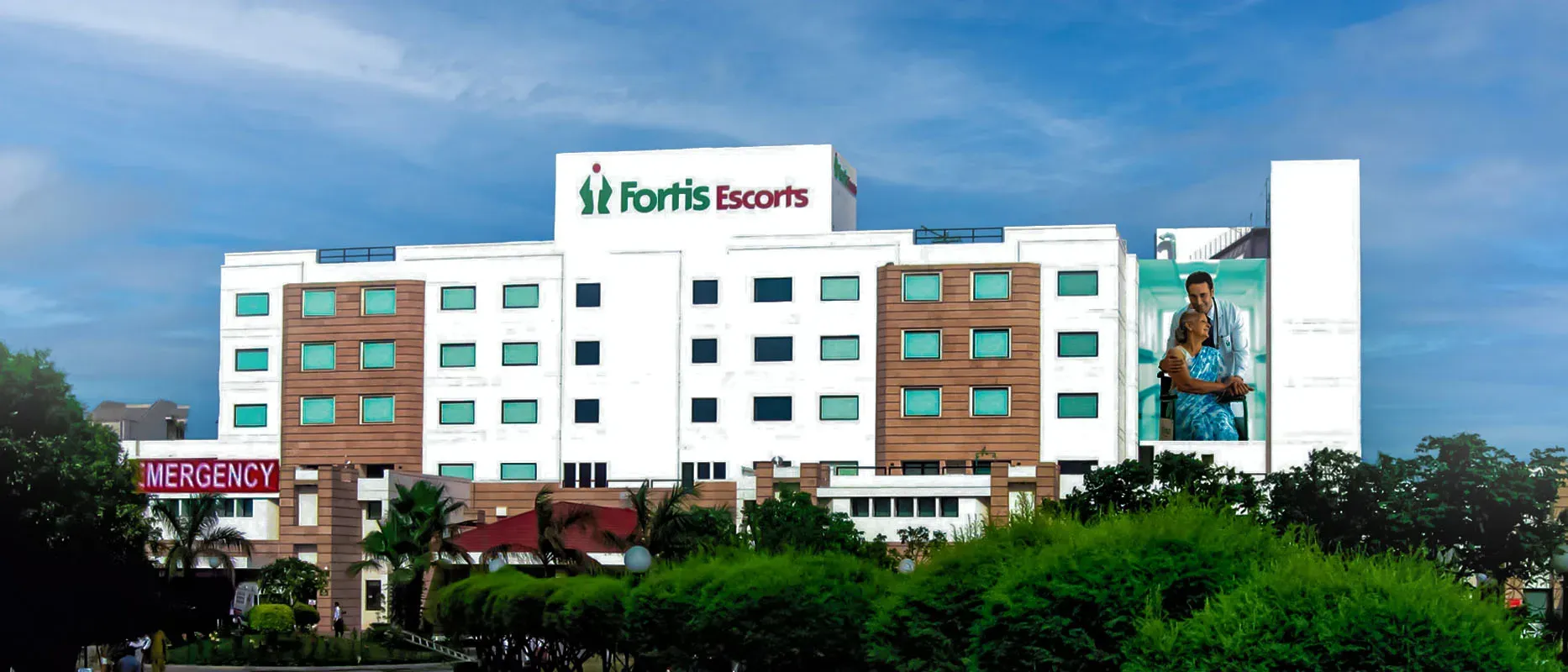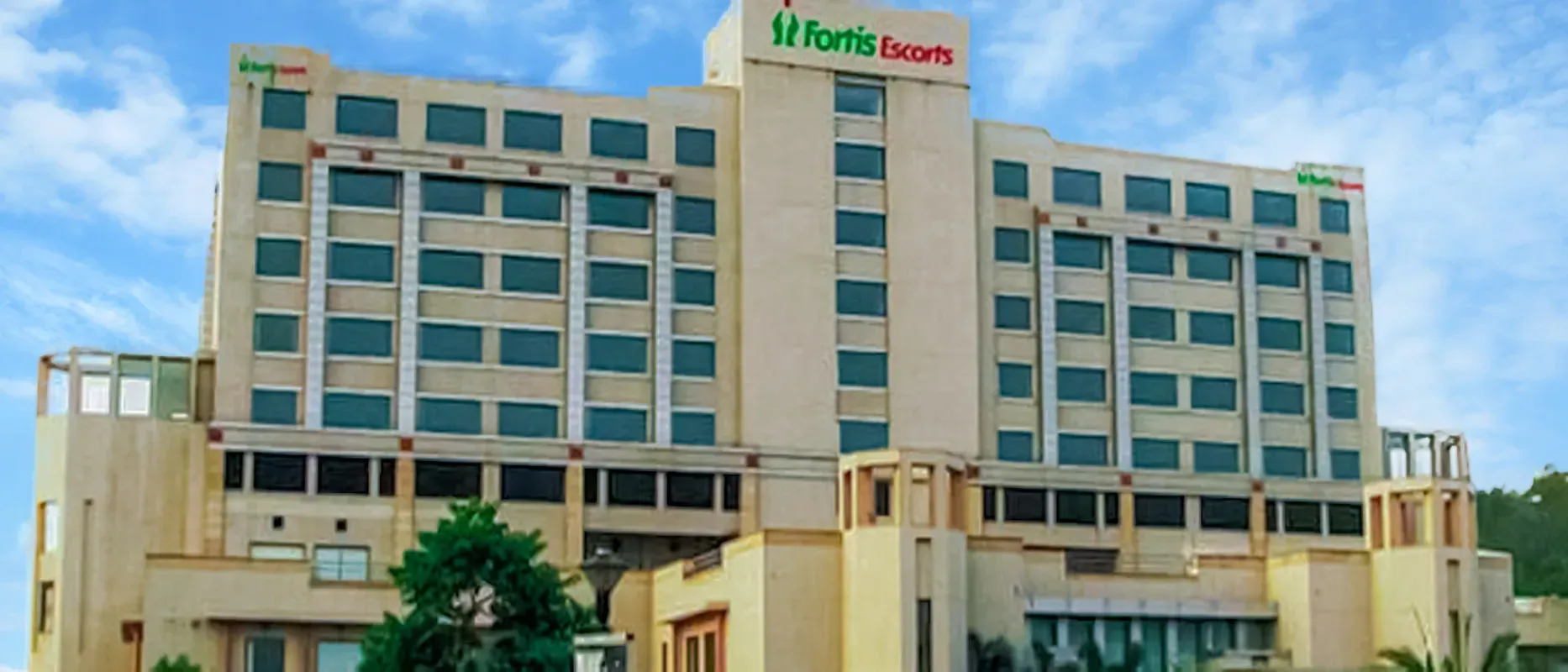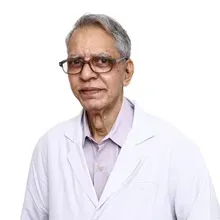Overview of Revision Knee Replacement Surgery Treatment
Revision total knee replacement which is also known as revision TKR, is a surgical procedure performed to replace a previously implanted artificial knee joint that has failed or become damaged due to any issue. It is typically required when a primary total knee replacement has not achieved the desired outcome or when the artificial knee joint has become damaged over time. Recovery from revision Total Knee Replacement is usually more challenging than recovery from primary Total Knee Replacement because revision total knee replacement is a very complex procedure. There may be more extensive tissue damage and may require more time for the healing process to complete. In some cases, all the components of the implant are replaced with new components and sometimes few components changed according to the condition of primary total knee replacement. Revision total knee replacement has some risk factors that can delay the recovery time. For example, it is essential to take the medications that prevent the blood clot formation after the surgery. Physical therapy is an essential part of the recovery process and helps regain strength, mobility, and function in the knee joint. Most of the patients who receive revision total knee replacement experiences long term effects of the procedure. But in some cases there may be the presence of pain and limited joint mobility which affects the overall quality of life.
Types of Revision Knee Replacement Surgery Treatment
There are different types of revision total knee replacements, depending on the specific needs of the patient and the extent of the damage of previous knee replacement. Here are some common types:
- Partial revision
- Complete revision
- Component exchange
- Two stage revision
- Complex revision
Partial Revision
In some cases, only a portion of the knee prosthesis needs to be changed, such as the shin bone component or the thigh bone component. This type of revision involves replacing the affected component while leaving the remaining components intact.
Complete Revision
A complete revision involves removing and replacing all components of the knee prosthesis. This is typically done when there is extensive damage, loosening, or failure of the previous prosthesis.
Component Exchange
In this procedure only one component of the knee prosthesis is exchanged. If there is a problem with the plastic spacer between the metal components it can be replaced without removing the entire prosthesis. And if there is a problem with the metal component, it can be removed without removing the plastic spacer between them.
Two-Stage Revision
This type of revision is performed when there is an infection in the knee joint. In a two-stage revision, the infected prosthesis is removed and after deep cleaning a temporary antibiotic spacer is inserted. Then a new prosthesis is implanted after a period of several weeks or months.
Complex Revision
Complex revision total knee replacement is required when there are multiple issues with the knee joint, such as severe bone loss, fractures, or failed previous revision surgeries. These cases often involve a complex procedure and may require additional techniques like bone grafting or the use of specialized implants.
Procedure of Revision Total Knee Replacement
The general explanation of the Revision Total Knee Replacement procedure is as follow:
Pre-operative assessment: the general assessment of the patient is performed to check the condition of bone, prosthesis and surrounding soft tissues. This may include x-rays, medical histories and the patient's general health. The doctors also decide the type of procedure which should be performed.
Anesthesia: the incision is made when a patient is under the effect of anesthesia because it reduces the pain and numbs the area under procedure, which makes it less irritating for the patient.
Removing the previous prosthesis: The surgeon removes the previous components of the knee prosthesis. This may involve separating the components from the bone and removing cement or dead areas of the bone.
Implanting the new prosthesis: The new components of the knee prosthesis are placed into the bone surfaces. The components may include a thigh bone metal component, a metal or plastic shin bone component, and a plastic spacer which is placed between them.
Closure: the surgeon closes the incision with sutures and applies medicines which prevent the infections. A partial drainage bag may also be attached to drain the fluid.
Post-operative plan of care: the medications to prevent infections, blood clot formations and painkillers are the part of post-operative care. Physical therapy is necessary to speed up the recovery and restore the joint motion and strength.
It's important to note that the specific details of the procedure may vary based on individual patient factors and the skill of the surgeon.
Cost of Revision Total Knee Replacement in India
The cost of revision knee replacement surgery in India can vary depending on several factors such as the city where the procedure is performed, the hospital, the skill of a surgeon, the type of implant used, and other medical facilities. However, the cost of revision knee replacement in India can range from approximately 6,000 to 7,700 USD or more. The cost may vary according to cities of India also. Some of them are mentioned below:
Cost of revision total knee replacement in different cities of India:
| Treatment Cities in India |
Min in USD |
Max in USD |
| Bangalore |
3857 USD |
4678 USD |
| Mumbai |
4397 USD |
5122 USD |
| New Delhi |
4320 USD |
4980 USD |
| Hyderabad |
4089 USD |
4889 USD |
| Chennai |
4166 USD |
5001 USD |
| Kolkata |
4629 USD |
6509 USD |
| Ahmedabad |
4166 USD |
5001 USD |
| Kochi |
4629 USD |
5388 USD |
| Lucknow |
4166 USD |
4988 USD |
| Chandigarh |
4320 USD |
6012 USD |
Symptoms & Risk Factors of Revision Knee Replacement Surgery
Indications of Revision Total Knee Replacement:
- Aseptic loosening
- Infection
- Fractures
- Implant wear and tear
- Implant failure or breakage
- Extensive bone loss
- Bone loss
- Patellar tendon rupture
- Component instability or dislocation
- Fracture of the implant or surrounding bone
- Ligamentous instability
- Component damage
- Joint stiffness
- Patellar instability
- Implant allergy
Risk Factors of Revision Total Knee Replacement
Although Revision Total knee replacement is a very effective procedure it is associated with serious risks if not handled properly. Some of the risk factors are:
Implant Problems
The artificial knee joint can wear out or fail over time, which may require the revision surgery for total knee replacement.
Infection
Infections can occur after the initial knee replacement surgery or it may appear late. In both cases the infection can spread to the whole body if not properly handled.
Fractures
Sometimes fractures may appear around the knee joint. It can happen due to injury or stress on the implant which then further requires a revision surgery.
Loosening
The implant components may become loose over time, causing pain and instability and require proper care after transplant procedure.
Kneecap Issues
Problems with the kneecap, such as dislocation or wear, may result in the limited activity and may restrict the patient to participate in daily activities.
Bone Loss and Fractures
Severe bone loss or fractures around the knee can compromise the implant's stability, which can cause further complications.
Improper Component Placement
If the implant components were not positioned correctly during the initial surgery, they may damage the tissue around the implant and cause severe complications.
Top Hospitals for Revision Total Knee Replacement in India
Shaping the future of the healthcare institution and establishing the path to accomplishment.
Top Doctors for Revision Total Knee Replacement in India
Empower your Health with the Expertise of Leading Medical Professionals.
Dr. Bhushan Nariani
Department of Orthopedics
Senior Director Joint Replacement
Book Appointment
Treatment Costs for Revision Total Knee Replacement
Be the change and be an opportunist in transforming healthcare.
How it's Works
Guiding your Journey from Discovery to Treatment Planning and Beyond.
Discovery
Get a consultation to discover about your treatment
Pre-Treatment
Admission to the best hospital and all pre-treatment facilities
Post Treatment
Get post-treatment follow-up care with medicine fulfillment
Treatment Planning
Hassle-free treatment planning with package & cost estimations
in-treatment
world-class quality procedures and equipment for treatment


























